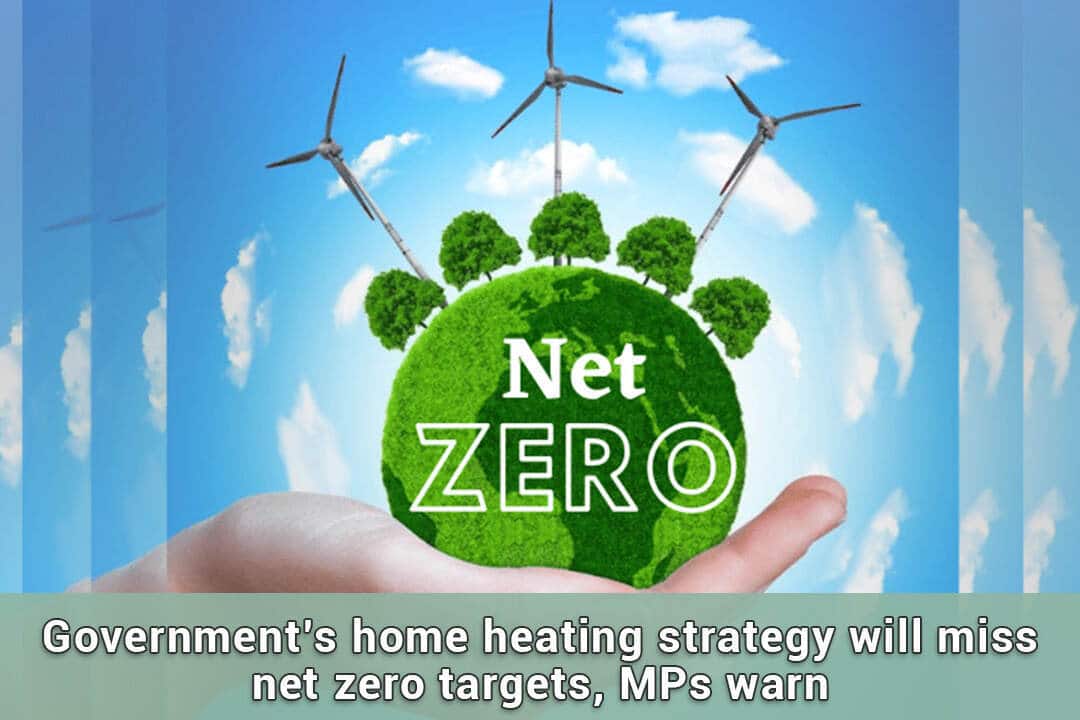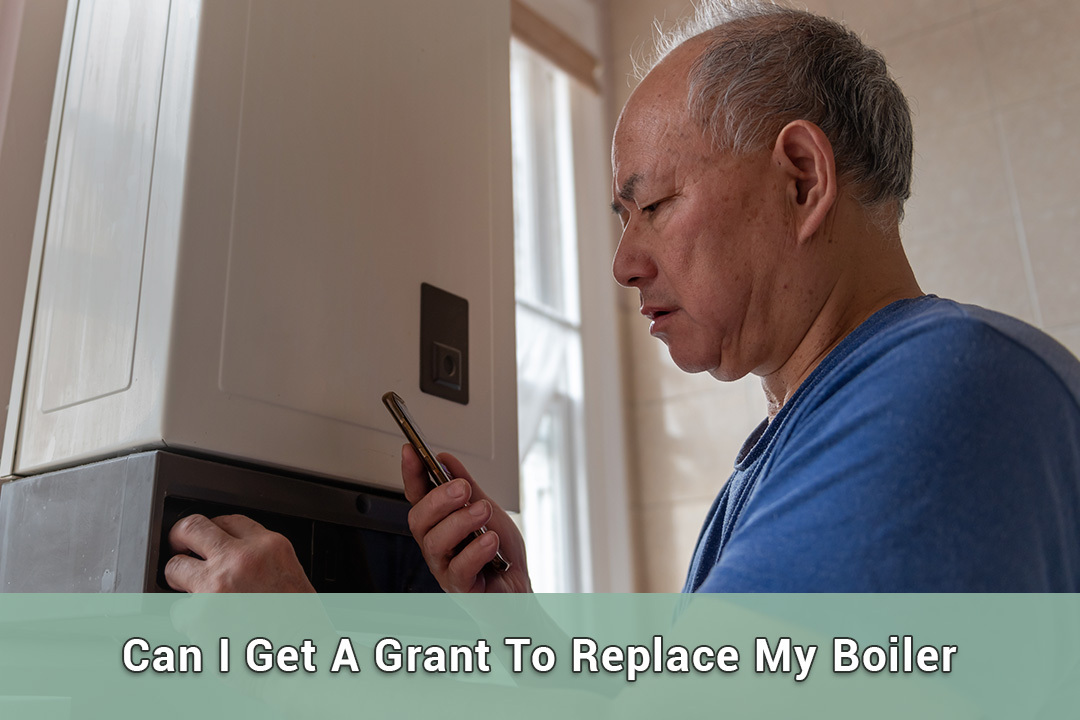MPs have warned that the government’s plans to cut down on greenhouse gas emissions from home heating “lack strategic direction” and are not bold enough to meet net zero goals that are required by law.
A group called the Business, Energy, and Industrial Strategy (Beis) Committee says that engineers should be retrained and that homes should use less carbon-based heat, which makes up 14% of UK pollution.
They said that the government’s heat and buildings plan from last year, which calls for installing 600,000 heat pumps in homes every year by 2028, doesn’t explain how the decarbonization goals will be met or what will happen if they aren’t.
In October, the government said that from April 2022 onwards, homes would get £5,000 to help them put in low-carbon equipment.
Heat pumps use electricity and work backwards like a fridge to get energy from the ground or air. The goal is to make them as cheap as stoves.
The study suggests that the government should run a program to let people know about the changes that are coming to home heating systems and what the pros and cons of these changes are.
“This is a huge job, and we are not making enough progress,” said Darren Jones, chair of the Beis Committee. We will miss net zero right now. The government needs to act right away to speed up service and help bill payers and employees who will be affected by the change.
He also said, “People who pay the bills today are very worried about their energy costs, and many are having a hard time keeping their homes warm.” A lot of people don’t know that they will need to change their gas boiler every 10 to 15 years.
“We need to make homes warmer and more energy efficient, and we need to speed up the delivery of low-carbon home heating systems to families at lower prices.” The government can’t leave this up to the market.
The warning comes as the Bank of England raises interest rates because energy costs are going up for consumers.
Rishi Sunak, the chancellor, has said that energy prices will be limited to 54% higher starting in April. Ofgem says that people will lose a lot of money on their fuel bills if they go up by £700 a year.
People want the government to protect homes because the cost of energy is going up. A new national goal should be set to insulate all UK homes by 2030 and speed up the installation of heat pumps. Low-income families should be able to get these improvements for free.
In charge of projects for E3G, Ed Matthew said, “That would cut energy bills and emissions and help the economy and jobs.”
Energy prices and market options are also being looked into by the Beis Committee. The committee will look into how the energy market has been affected by laws and rules, how rising energy costs affect people, and how the energy price cap works.
Mr. Jones talked about the lack of skills needed to switch to better home heating: “We will need engineers who can install low-carbon home heating systems in every neighbourhood in order to decarbonize heat in our homes.” Businesses and trade groups should work with the government to create a training program for low-carbon heating. Current workers should also be able to take lessons to help them get new skills that will help them get green jobs.
Head of Analysis for the Energy and Climate Intelligence Unit, Dr. Simon Cran-McGreehin, told The Independent, “The committee’s report stresses the urgent need for energy efficiency improvements to cut bills as part of levelling-up and the move to net zero by highlighting the poor quality of the UK’s housing stock.”
A government spokesman told The Independent, “Our landmark Heat and Buildings Strategy gives a clear and comprehensive plan for cutting emissions from UK homes. It includes £5,000 grants for heat pumps to encourage the simple, fair, and cheap installation of low-carbon home heating systems.”
We want to cut costs in the heat pump business by 25% to 50% by 2025 as the market grows and technology improves.
This parliament, we’re spending £6.6 billion to make our buildings less carbon-based, which will lower our bills and pollution.




